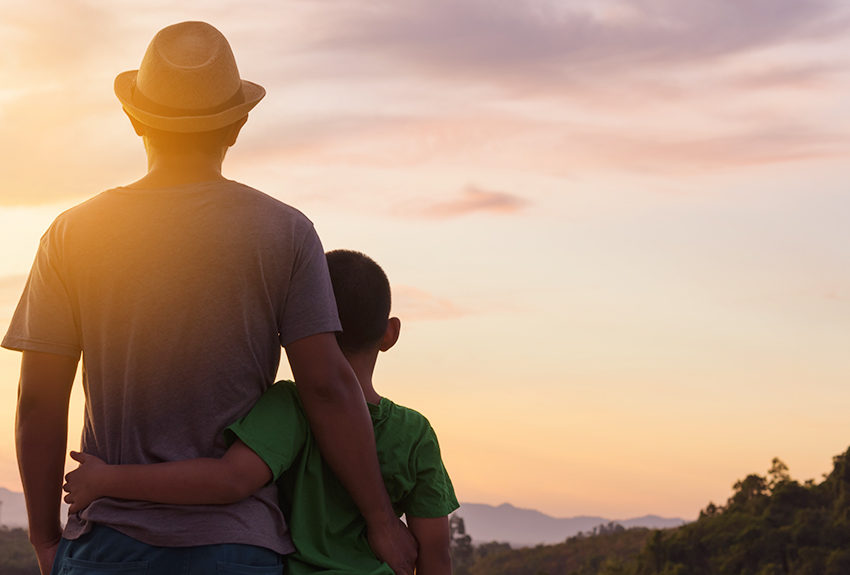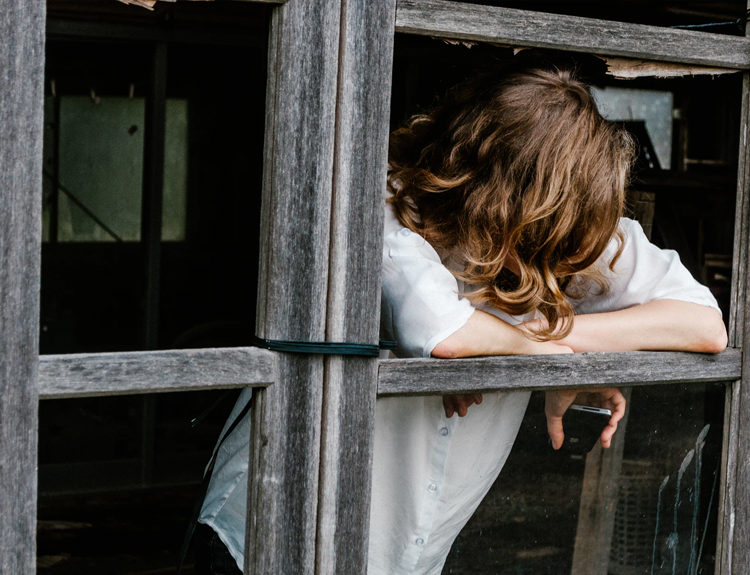The recent suicides of two St. Lawrence County teenagers within weeks of each other have brought attention to cyber sextortion and online bullying. Fifteen-year-old Riley Basford and 18-year-old Shylynn Dixon took their lives after someone on social media threatened to share intimate pictures of them unless they met their demands1. In Riley’s case, the bully wanted $3,500. Shylynn’s harasser sought more photos. The perpetrators kept intimidating both teens, messaging their friends and family. Aware they could expose private details against their wishes, Riley and Shylynn panicked. Still growing and maturing, sadly, they felt suicide was their only way out.
If you’re the parent of a child who is active on YouTube, TikTok, Instagram, or other social media, you may wonder if this could happen to your child.
You may also wonder what age is appropriate for a child to be online or if they should even be there. Some experts suggest that by age 12, children have gained a greater ability to reason and can follow and understand rules.2 Generally, children between ages 12 and 18 can do more complex thinking. With the increased use of devices in school, at work, and elsewhere, your child will likely get online at some point. Just like when they’re out in the real world, you can take steps to protect them from harm in the cyber world.
Preventing Cyber Bullying and Sextortion
Criminals may find information about a child with a social media account by looking at their profile, including their photos, friends, and feed. Children may “friend” people on social media platforms whom others in their social circles have already “friended.” Online predators can pretend to be a child to become friends with another child. They can then fish for more details about their target by messaging them through the site, by email, or by text. In the process, they may build trust with the child to influence them to reveal more about themselves3.
These are some ways to keep a child safe online4:
- If you decide to give your child a smartphone or tablet PC, make it a “family” device everyone can access.
- Research the settings on social media platforms, including parental monitoring features, what they control, and the data they collect. Turn off any settings that share the device’s geolocation and reveal other information that could affect your child’s safety.
- Talk about the types of behavior you expect your son or daughter to engage in online. Discuss how to handle privacy and stay safe online, such as setting up private versus public accounts. Mention the dangers of bullying, predatory behavior, and inappropriate content.
- Get to know the apps your child uses and how they present themselves on them regularly, such as whether they use their real name.
- We recommend using Social Media Test Drive, a Cornell University project, which lets children and parents try social media and learn safe behaviors.
- Tell your child not to “friend” anyone they haven’t met in person.
- Monitor their mental health and limit their screen time. Frequent use of devices and social media has been linked to depression and other mental health disorders. The American Academy of Pediatrics suggests children shouldn’t sleep with devices in their bedrooms. They also recommend that children avoid using devices during family dinners and within an hour before bedtime.
- Ask your child to talk to you or get help if they’re in a crisis.
Staying engaged and communicating regularly are among the positive parenting methods that can help you bond with your child. But if you can’t do it all on your own, don’t be afraid to seek support.
Citizen Advocates’ Triple P Parent Program
Our Triple P Parent Program has proven to be effective at improving family interactions. It gives you the tools you need to strengthen relationships and end power struggles with your children. Our trained facilitators offer skills, strategies, and support for parents of children of all ages. Attend one or all four free, local, and virtual sessions for families in Franklin County.
Triple P may help you:
- Raise happy, confident kids
- Manage misbehavior
- Create a happier environment
- Encourage positive behavior
- Set family rules and routines
- Feel confident that you’re doing the right thing
Our Triple P Positive Parenting Program, designed for parents of children ages 13 to 18, helps you develop skills for:
- Better cooperation
- Coping with the emotions of teenagers
- Building survival skills in teens
- Reducing family conflict
We offer classes on Mondays and Wednesdays and individual or group therapy on an as-needed basis. For more information or easy registration, call 518-319-2476 or visit powerforparents.org. If you need more immediate assistance, call our 24-hour Crisis Hotline: (518) 483-3261 or (518) 891-5535.


 Previous Post
Previous Post

